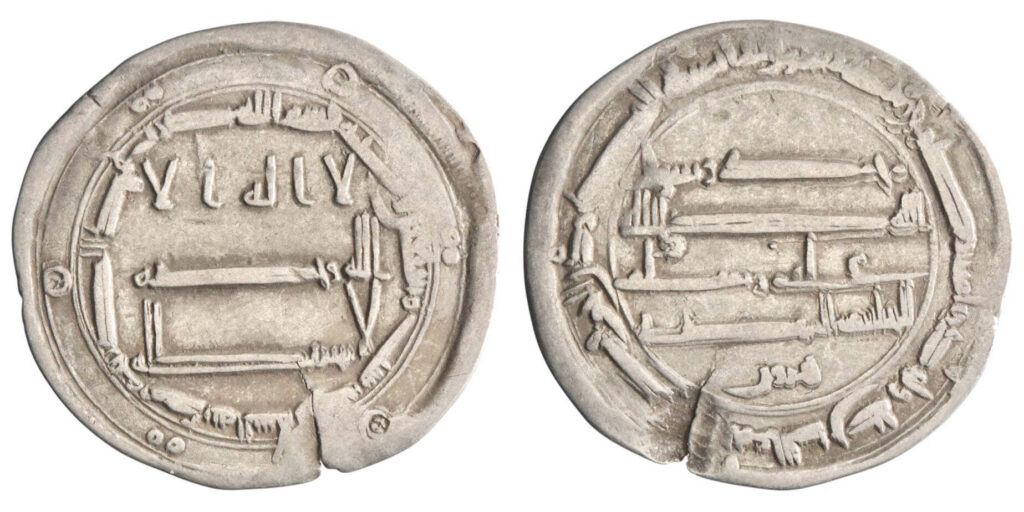
Introduction
Baghdad, the capital of Iraq, is one of the most historically rich cities in the world. Established in the 8th century, it has long been a center of learning, culture, and trade. Today, its significance is still felt as the city navigates modern challenges while retaining its historical identity. Understanding Baghdad’s current status is not merely a reflection of its past glory but an essential perspective on the socio-political landscape of the Middle East.
Current Events and Situations
As of late 2023, Baghdad is witnessing a period of regeneration amidst numerous challenges. The city has been struggling with the impacts of ongoing political instability, economic difficulties, and the repercussions of war. Recent protests have erupted as citizens demand better public services, security, and a more transparent government. These demonstrations highlight the ongoing frustrations of a population seeking stability after years of unrest.
In addition to political challenges, the Iraqi government has made significant strides in revitalizing infrastructure. Major projects aimed at improving public transportation and restoring historical sites have been prioritized by the government. Efforts to transform Baghdad into a vibrant hub for tourism are underway, with initiatives to promote the city’s rich history and cultural offerings, including its famous markets, museums, and historical landmarks.
Culture and Significance
Baghdad is home to various cultural landmarks such as the National Museum of Iraq, which houses artifacts dating back thousands of years, representing the Mesopotamian civilization. The city’s literary heritage is also noteworthy, with ongoing efforts to support writers and artists who reflect Baghdad’s complex identity in their work.
Moreover, as the geopolitical dynamics of the region shift, Baghdad remains a focal point for international relations, with various countries seeking to establish or strengthen ties with Iraq. The ongoing focus on security and stability in the region is crucial for the West as it navigates issues of extremism and humanitarian concerns.
Conclusion
The future of Baghdad is at a pivotal moment. The city’s ability to balance its historical legacy with the demands of modernity will be essential for shaping its trajectory in the years to come. As Baghdad continues to adapt to both local and international challenges, its resilience and rich cultural tapestry will play a significant role in redefining its identity on the world stage. For readers, understanding Baghdad’s developments offers insight not just into Iraq, but into broader Middle Eastern dynamics, as the region continues to evolve amidst change.



